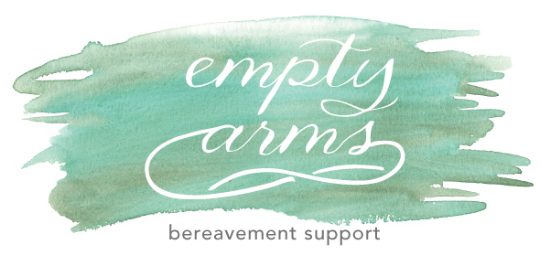Healing a Heart
By Sara Barry
In the first months after Henry died, my husband and I found it hard to communicate. We both struggled with our words. We couldn’t come up with simple, every day words like pencil or coffee or dinner. Our sentences would trail off as we poked around inside our grief swollen brains to find the name for something we were talking about. Often the other person found it first, but sometimes we’d stare at each other unsure what the other one meant.
And then there were conversations where words simply weren’t enough. Words like sad and hurt, angry and unfair just weren’t big enough. But they were all we had. So we muddled through with half sentences and frustrated pauses.
Other people didn’t know what to say either. I don’t fault them for that. I struggle for words when I hear of somebody else’s loss. Every time I write a sympathy card, I recognize the inadequacy of the words “I’m sorry.” I still use them to mean “I wish this hadn’t happened,” “I hurt for you,” “I know this sucks,” and “I wish I could make this better.”
Even knowing that there are no words, even having sat through people trying to fill anxious, uncomfortable space with words, I find myself wanting to do the same. I want to make it better though I know I can’t. I want to offer hope even as I acknowledge the pain. I want to offer up all the things that didn’t make it better but that helped me muddle along.
But I try to bite my tongue. I try to listen. And I try to sit in that uncomfortable space of grief with people. I have met people who do this much better than I do. I have had people stand in that space with me, with few words, not because the words won’t come, but because they recognize that they aren’t what is needed in that moment, and because they aren’t afraid of the emotional fullness of that empty space.
How has your own loss changed how you respond to other’s loss?
